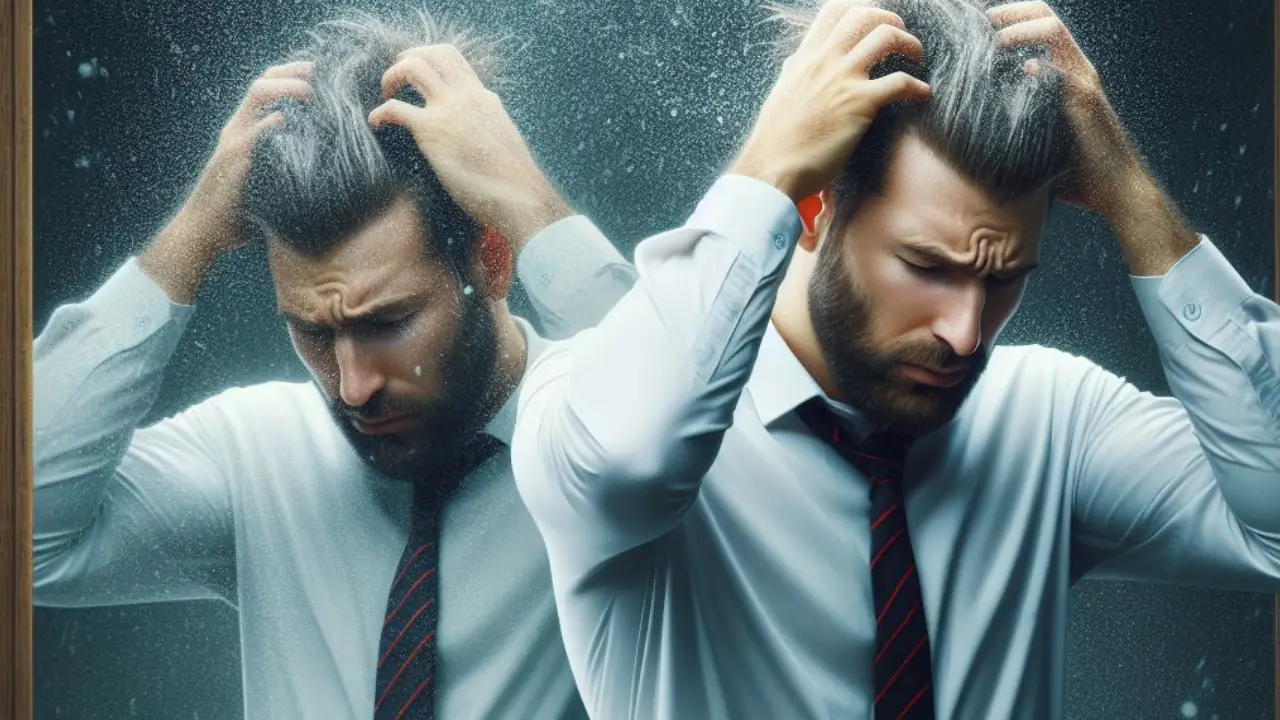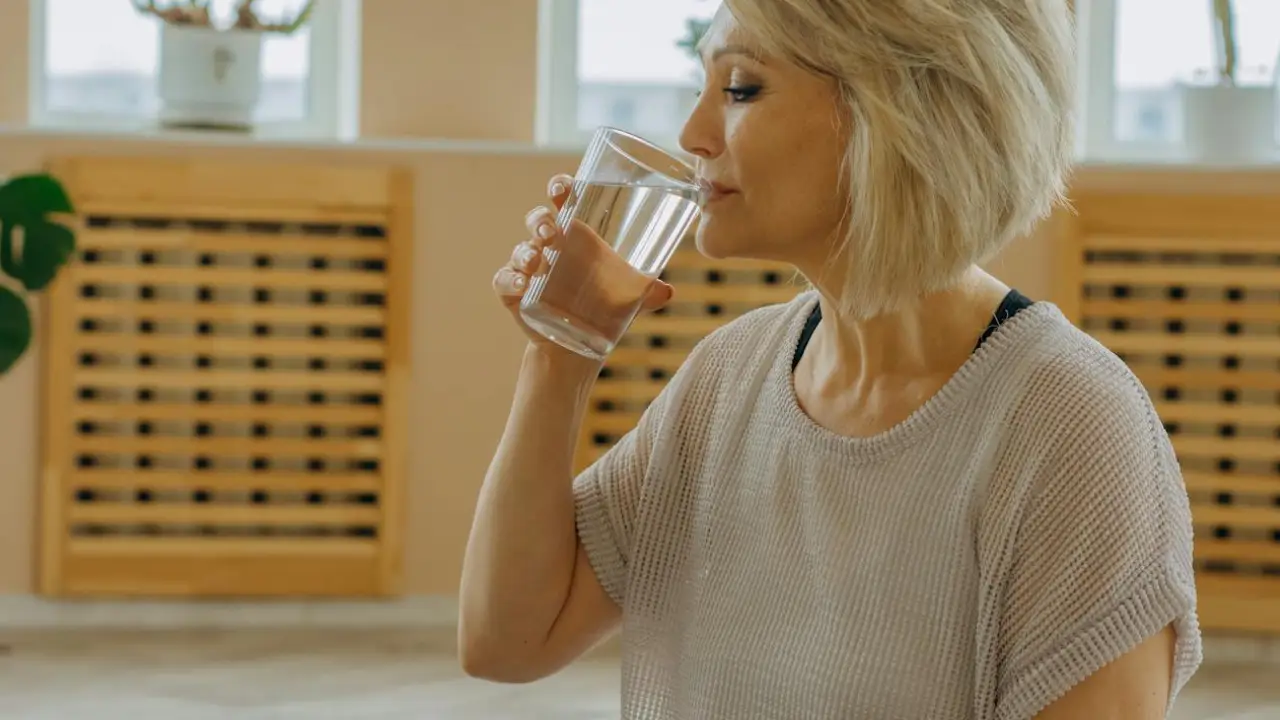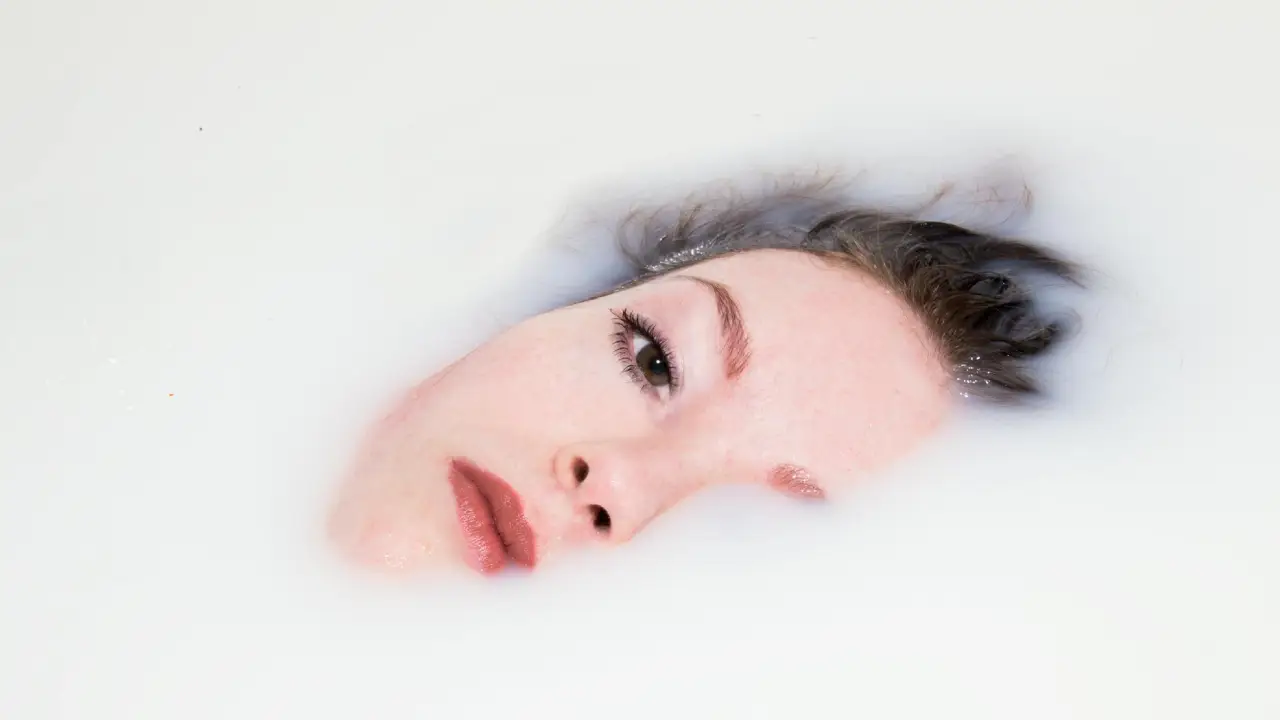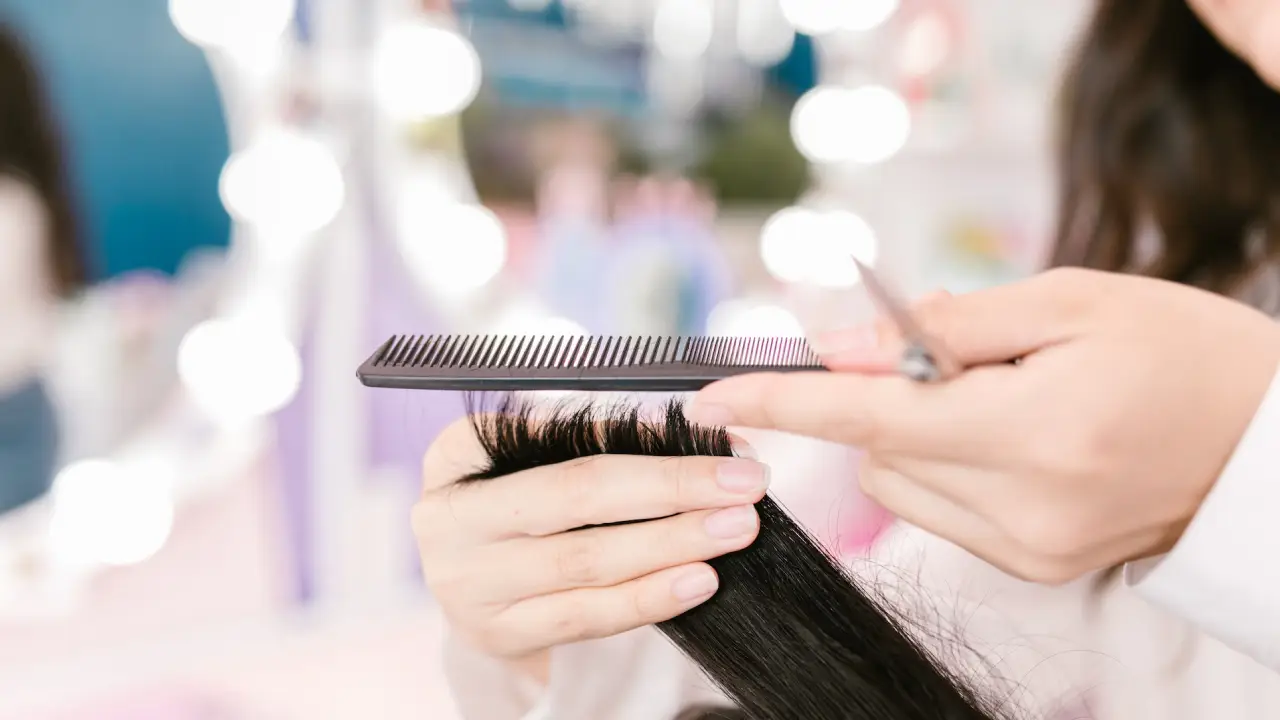Does your scalp feel like a snow globe, with flakes falling incessantly? It’s time to take charge and say goodbye to dandruff. But fret not; you’re not alone in this battle. Dandruff, though pesky, is a common scalp condition that many have successfully tackled. Here’s your comprehensive guide to achieving a healthy, flake-free scalp.
Understanding Dandruff
Dandruff isn’t just about those white flakes that adorn your shoulders like confetti. It’s primarily caused by the overgrowth of yeast-like fungi called Malassezia. Factors like stress, hormonal changes, improper hair care, and certain skin conditions can exacerbate dandruff.
Effective Grooming Tips
Choose the Right Shampoo: Opt for anti-dandruff shampoos containing ingredients like ketoconazole, selenium sulfide, or zinc pyrithione. These combat the fungus while soothing the scalp.
Regular Washing: Wash your hair regularly to prevent oil and dead skin buildup, which can exacerbate dandruff.
Massage Your Scalp: While shampooing, gently massage your scalp to loosen flakes and improve blood circulation to say goodbye to dandruff.
Condition Wisely: Use conditioner primarily on your hair’s length and ends to avoid greasiness on the scalp, which can worsen dandruff.
Limit Styling Products: Certain styling products can aggravate dandruff. Opt for lightweight, non-greasy options and avoid excessive use.
Healthy Diet: A balanced diet rich in vitamins, minerals, and omega-3 fatty acids promotes scalp health and reduces dandruff.
Avoid Hot Water: Hot water can strip the scalp of its natural oils, leading to dryness and dandruff. Stick to lukewarm or cool water when shampooing and rinsing your hair to say goodbye to dandruff.
Scalp Exfoliation: Just like your skin, your scalp can benefit from exfoliation to remove dead skin cells and product buildup. Use a gentle scalp scrub or brush to exfoliate once a week.
Stay Sun Safe: Prolonged sun exposure can lead to scalp damage and dryness, exacerbating dandruff. Wear a hat or use a sunscreen spray specifically designed for the scalp when spending time outdoors.
Watch Your Diet: Certain foods can trigger or worsen dandruff, such as sugary or greasy foods. Incorporate foods rich in vitamins B, C, and E, as well as zinc and selenium, which promote scalp health.
Manage Hair Products: Hair styling products like gels, mousses, and hairsprays can contribute to dandruff by clogging pores and weighing down hair. Use them sparingly and wash your hair thoroughly to remove residue to say goodbye to dandruff.
Additional Grooming Tips
Hygiene Practices: Avoid sharing hairbrushes, combs, or hats with others to prevent the spread of dandruff-causing fungi. Wash your bedding, especially pillowcases, regularly to eliminate any fungal spores.
Consider Your Hair Type: Different hair types require different care routines. If you have oily hair, you may need to shampoo more frequently to prevent dandruff, while those with dry hair should focus on moisturizing the scalp.
Address Underlying Conditions: Sometimes, dandruff may be a symptom of an underlying condition like psoriasis or seborrheic dermatitis. If you suspect you have a skin condition, seek medical advice for proper diagnosis and treatment.
Use Gentle Products: Harsh chemicals in hair care products can irritate the scalp and worsen dandruff. Look for gentle, sulfate-free shampoos and conditioners that won’t strip the scalp of its natural oils.
Stay Consistent: Consistency is key when it comes to maintaining a healthy scalp. Stick to your grooming routine, even when dandruff seems under control, to prevent its recurrence.
Home Remedies
Tea Tree Oil: Known for its antifungal properties, tea tree oil can effectively combat dandruff. Mix a few drops with your shampoo or carrier oil and massage into your scalp.
Apple Cider Vinegar: Dilute apple cider vinegar with water and use it as a final rinse after shampooing. It helps restore the scalp’s pH balance and reduces dandruff.
Aloe Vera: Apply fresh aloe vera gel to your scalp. Its antibacterial and antifungal properties soothe itching and reduce dandruff.
Coconut Oil: Regular scalp massages with coconut oil can moisturize the scalp, reduce itchiness, and prevent dandruff.
Professional Treatments
If home remedies and over-the-counter products don’t yield results, consult a dermatologist. They may prescribe medicated shampoos, corticosteroid creams, or light therapy to alleviate severe dandruff.
Maintaining a Healthy Scalp
Prevention is better than cure. Once you’ve banished dandruff, maintain a healthy scalp with these tips:
Regular Maintenance: Continue using anti-dandruff shampoos regularly, even after dandruff clears, to prevent its recurrence.
Stress Management: Practice stress-relief techniques like meditation, yoga, or deep breathing exercises to prevent dandruff flare-ups.
Hydration: Stay hydrated to keep your scalp and skin moisturized from within.
Regular Trims: Trim your hair regularly to prevent oil and product buildup on the scalp.
In Conclusion
Achieving a healthy scalp is within your reach. By following these grooming tips and maintaining a consistent routine, you can say goodbye to dandruff and embrace a confident, flake-free scalp.
Now it’s your turn! Share your experiences, tips, or questions in the comments below. Let’s embark on this journey to healthy scalps together!





